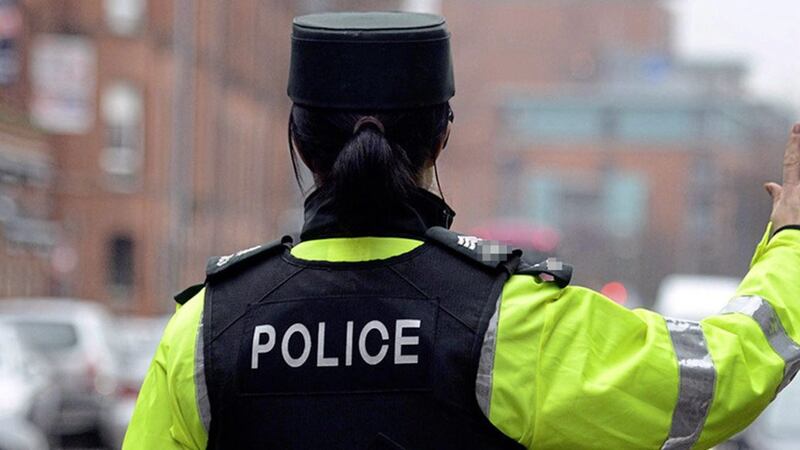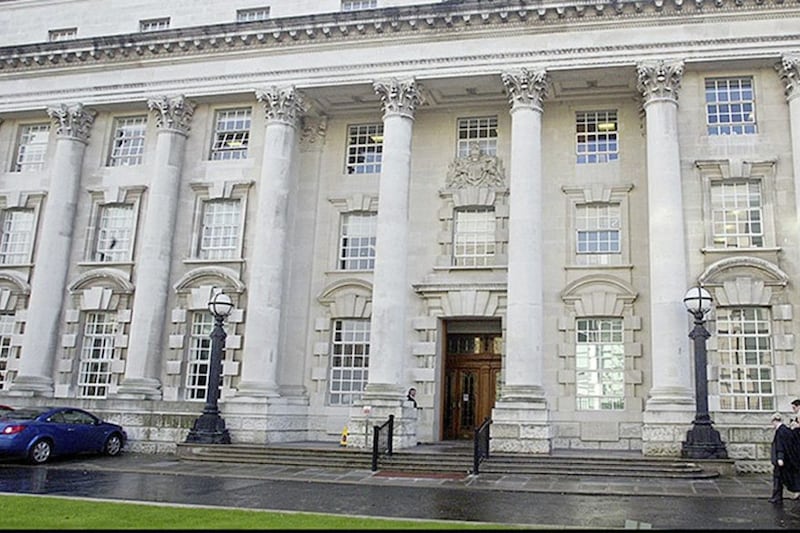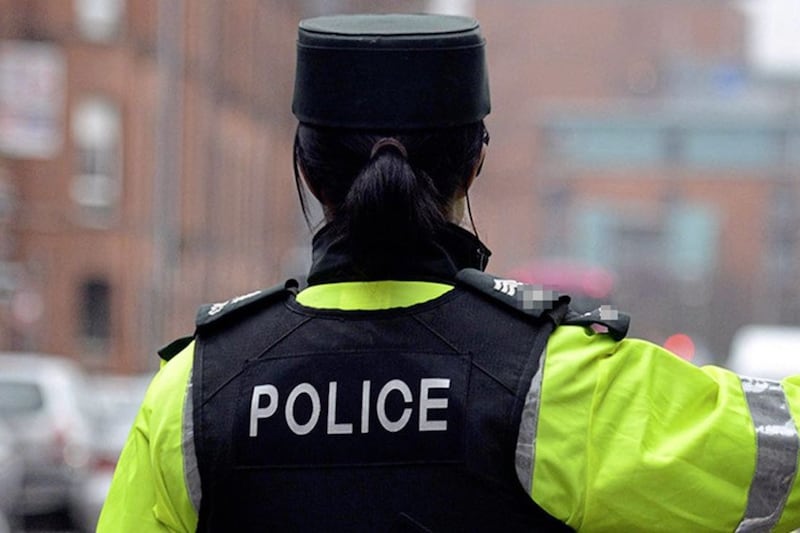KEY improvements in assistance for juries in sexual violence and abuse cases and communication with victims have still not happened, three years after their recommendation by inspectors.
Chief Inspector of Criminal Justice in Northern Ireland (CJI), Jacqui Durkin hailed a raft of improvements by the PSNI and Public Prosecution Service, but stressed more remains to be done to deliver better outcomes for victims of these traumatic crimes.
"Sexual violence and abuse crimes are some of the most traumatic and life changing in our criminal justice system," she said.
The CJI's review of its 2018 `Without Witness' inspection found just two recommendations had been achieved, with four partially complete and three not achieved at all.
Ms Durkin called for "paused" legislation to enable jury directions to be given in sexual offence cases to resume "at the earliest opportunity".
"The Covid-19 pandemic has unfortunately stalled or delayed action in relation to some inspection recommendations and has created a backlog and further delays in a criminal justice system where victims of sexual offences may have to wait two or three years for a trial to commence."
Among improvements are the use of digital technology, with PSNI electronic evidence including body worn video, CCTV footage and 999/101 calls to prosecutors.
In October the PSNI appointed two `Gateway Inspectors' to improve file standards and disclosure practices leading to a fall in numbers of cases returned by prosecutors for more information from 70 per cent to just 14 per cent.
The PSNI has also begun a new pilot process in the Southern Health and Social Care Trust area aimed at `achieving best evidence' - a Gillen Review recommendation, with two trained officers conducting interviews alongside specialist social workers, leading to "an increase in quality as well as positive feedback from the officers involved".
The PSNI is reviewing how this can be extended.
However, CJI inspectors found specific areas highlighted as needing improvement "have not yet featured in the PSNI and the PPS plans", including improving "the quality of the cases" prosecuted.
The PSNI's 350-strong Public Protection Branch has become "more proactive and demand led... with only 10 vacancies" and "retention, which had consistently been an issue in public protection work, was reported to be improving".
A historical child abuse team was established, taking into account those victims have increased "anxiety and need mental health support".
Previously victims of historical abuse "were often suffering the greatest delays in having their case investigated".
This has reduced workloads within child abuse investigation units by 44 per cent, with officers now responsible for around 15 cases rather than 30 and led to reduced investigation times for historical cases by 32 per cent and officers "feeling healthier".
Public Protection Branch now recruits officers with an interest in working in these types of roles instead of a general detective selection process.
Officers are working in child abuse units as trainee investigators assisted by a peer mentor, with study time for their National Investigator Exam - leading to an increased pass rate from 20 to 80 per cent.
Inspectors note the pandemic has "a significant impact on victims of crime and the response of the criminal justice system", with reduced reports to police, delays in prosecution decision making and court hearing for sexual offences.
There has been a fall of 33.9 per cent in sexual offences reports (39 per cent for rape).
"It is highly likely that this was exacerbated by the conditions of lockdown, particularly for those who have been assaulted in their homes and for child victims," they note.
Meanwhile, Court Service data reveals by mid-March 2021 there were 271 Crown Court cases involving 275 defendants charged with a sexual offence awaiting a trial date.
They stress the need for "an effective recovery plan".







